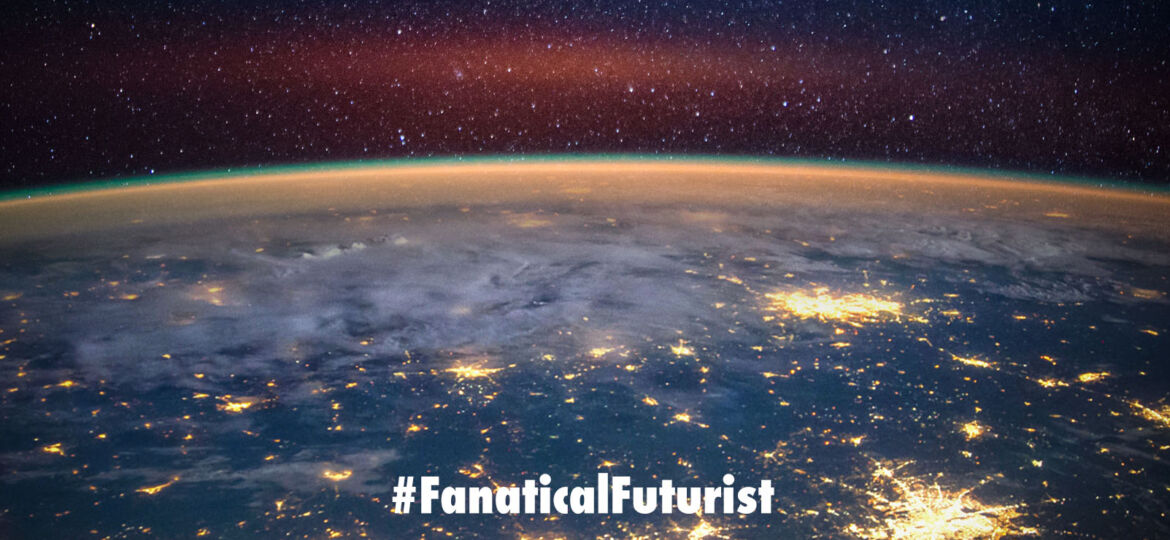
WHY THIS MATTERS IN BRIEF
Over 3.5 billion people on the planet aren’t connected to the internet, for better or worse, and space internet is here to change that.
They’ve finally done it – for years I’ve been talking about how a raft of companies were planning on launching the first space internet satellite networks that will help connect the remaining 3.5 billion on the planet who don’t have decent internet access. And last week SpaceX, the private rocket company of high-tech entrepreneur Elon Musk, made its move and launched the first batch of 60 small satellites into Low Earth Orbit (LEO) in preparation of launching their new Starlink internet service.
The Falcon 9 rocket carrying the satellites blasted off from Cape Canaveral Air Force Station and cleared the first major hurdle for a business venture that Musk hopes will generate up to $36 billion in extra revenue that will help him fund his other, loftier space aspirations, the focus of which is, ultimately, colonising Mars.
The launch came a week after two back to back countdowns for the mission were scrubbed – once due to high winds over the Cape and the next night in order to update satellite software and “triple-check” all systems.
The 60 satellites flown into space were released into orbit as planned about an hour after Thursday’s launch, and the Falcon 9’s main-stage reusable booster rocket flew back to Earth for a successful landing on a barge floating in the Atlantic.
SpaceX said it would probably take another day to learn whether all the satellites deployed were functioning properly. Each weighs about 500 pounds, making them the heaviest payload carried aloft by SpaceX to date, and they represent the initial phase of a planned 12,000 satellite constellation that will be capable of beaming signals for high-speed internet service from space to paying customers anywhere on Earth.
Musk has said he sees the new Starlink venture as an important new revenue stream for SpaceX, whose launch service income he expects to top out at around $3 billion a year, and he told reporters that “Starlink is pivotal in helping pay for his larger goals of developing a new spacecraft to fly paying customers to the moon and for eventually trying to colonise Mars.”
“We think this is a key stepping stone on the way towards establishing a self-sustaining city on Mars and a base on the moon,” said billionaire Musk, who is also CEO of automaker Tesla.
At least 12 launches carrying similar payloads are needed to achieve constant internet coverage of most of the world, he added, but in the short term Starlink is only authorised for US operations after he petitioned the FCC for permission to install up to a million base stations around the US that will connect Starlink’s space communications network to customers on the ground.
Musk faces stiff competition though and just as he has with his other businesses he’s kick started a trend. Airbus backed OneWeb, for example, launched its own clutch of satellites in February, while LeoSat Enterprises and Canada’s Telesat are also working to build their own data networks with Blue Origin and Google’s low flying Loon balloon platform with even Amazon’s Jeff Bezos now also piling in.
In each network, the tiny satellites orbit closer to Earth than traditional communications satellites, a technological shift made possible by advances in laser technology and computer chips.
Musk said SpaceX would begin approaching customers later this year or next year, and that as many as 2,000 satellites will be launched per year, with the ultimate objective of placing up to 12,000 into orbit.

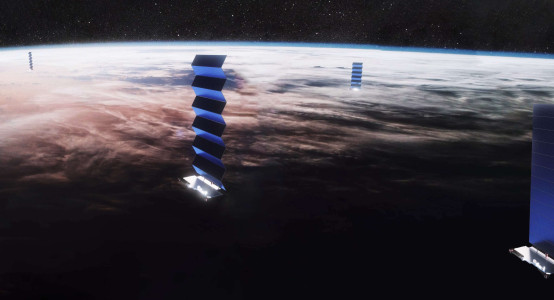

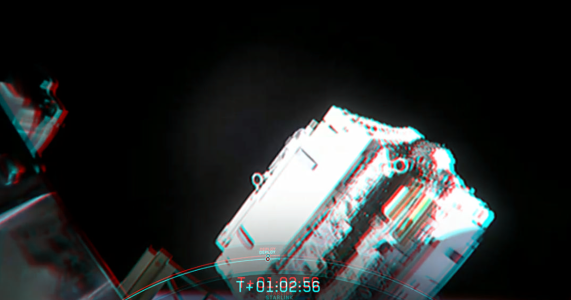
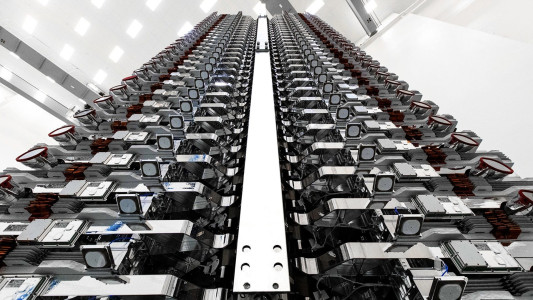
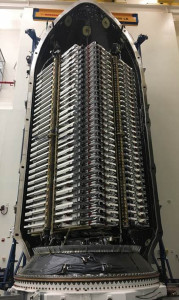

















[…] in the news at the moment, whether it’s because it’s CEO Elon Musk keeps talking about his new StarLink satellite constellation which will help the other 4 billion people on the planet to the internet, or because his […]